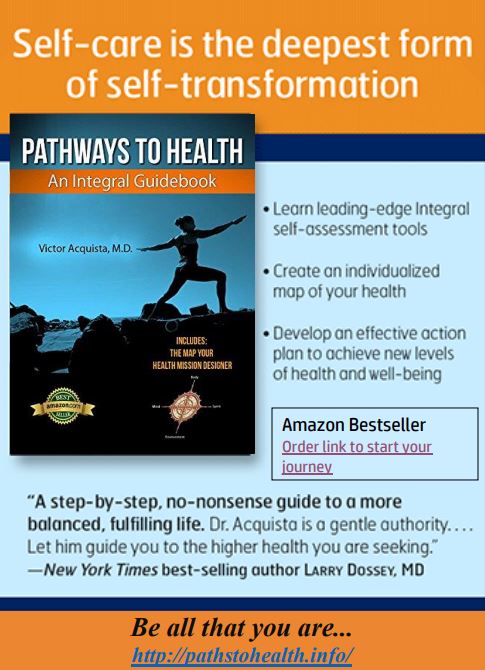Forgiveness
Readers interested in learning about health and wellness might find it a bit odd to see the topic of forgiveness discussed as a health issue. Yet, when you consider that forgiveness is associated with many health benefits it makes a lot more sense. Forgiveness has been shown to reduce blood pressure, chronic pain, stress, anger, and depression. Forgiveness has also been shown to increase optimism, sense of wellbeing, hope, compassion, and self-confidence. If I were to offer you a prescription that could do all these beneficial things, you might be skeptical. You might think I was peddling some snake oil miracle cure or that any such drug was quite possibly illegal. But you do not need a prescription to achieve these health benefits. Forgiveness is available to you without a prescription and at no cost. So, as a way to achieve better health, let’s examine this health topic of forgiveness.
Part of the human experience is to be hurt by the actions of others. At times we are on the receiving end of such life circumstances as transgression, betrayal, hurt. Such events usually trigger emotional responses such as anger, fear, sadness, disappointment. Over time, a failure to forgive can lead to longstanding hatred, bitterness, resentment, mistrust, misery, apathy, and/or depression. These longstanding and protracted emotional responses are like toxins that poison our bodies, minds, and spirit. Ultimately, our health suffers and we suffer by carrying the pain of those life events from the past into our present lives. Often, episodes of hurt or betrayal lead to a desire for vengeance or retribution which may trigger a back and forth cycle of inflicting pain on the transgressor, followed by a hurtful response, and continuing on in endless cycles of pain and suffering. Sometimes our lives can become consumed by a desire for revenge. Ouch!
How to Forgive
The process of forgiveness begins by first acknowledging that a hurt has occurred. As we process the painful event, we naturally may have strong feelings that should also be acknowledged. Yes, so and so hurt me and I am angry. This person did something bad to me and I am very disappointed. Once we have processed the action and our response, we are now faced with a choice. We can continue to hold on to the painful event and relive it over and over in our present lives. In this circumstance, we continue to carry the suffering attached to that painful event into our current lives. Holding on to this means that we have chosen not to forgive. As a result, we hold on to the toxic waste generated by that life event. As a result, we continue to suffer and our health continues to suffer. Or, we can leave the painful event in the past and break the link of suffering attached to the painful event. This discharges the toxic waste we are holding on to. This choice represents forgiveness. Forgiveness occurs in the moment we make the choice to leave that painful life experience in the past and not continue to carry it into the present.
In the moment of forgiveness you are letting go, you are releasing; the past episode remains as a past event. The pain which followed remains as a past response. The suffering tied to this event-response moves from present to past in the moment of forgiveness.
Forgiveness Myths
There are some common misconceptions about forgiveness which represent myths. These need to be dispelled.
- Forgiveness requires reconciliation. False! If someone has done something which has hurt you, you can forgive them, but this does not mean you must reconcile you relationship with this other person. Reconciliation or rebuilding a damaged relationship is separate from forgiveness. You can forgive the wrong and the wrongdoer independent of continuing to have a relationship with that person.
- Forgiveness means behavior was okay. False! The behavior was not okay. Remember, part of the process of forgiveness is to acknowledge that a wrong has occurred. It is dishonest to characterize or portray this as somehow all right.
- Forgive and forget go hand in hand. False! If you touch a hot stove and get burned you best remember that unless you want to get burned again. It’s important to learn from others hurtful behaviors unless you want to set yourself up for a repeat performance.
- Offender must ask for forgiveness. False! By waiting for an apology, you disempower yourself and hand over the healing power of forgiveness to another party. Learn to choose forgiveness independent from the offender seeking an apology.
Forgiveness is a choice about how you react to a grievance which has befallen you. This grievance/hurt/transgression/wrong represents an event. Forgiveness is one possible response you make in reacting to this event. The event is still part of your life. You cannot change the past. How you react to that event is something you can control. If the strategies you have thus far attempted in dealing with these painful events have not brought you peace, perhaps it’s time to try a different strategy. Perhaps it’s time to try forgiveness. The word shalom, which means peace, is derived from the word shalem, which means whole. When you make peace, you make whole. Interestingly, the word whole, shares roots with the word health. Putting this all together, when you make peace you make whole, and when you make whole you make health. Forgiveness is the healthy choice. Now is a good time to reap the benefits from the healing power of forgiveness.
Shalom!





